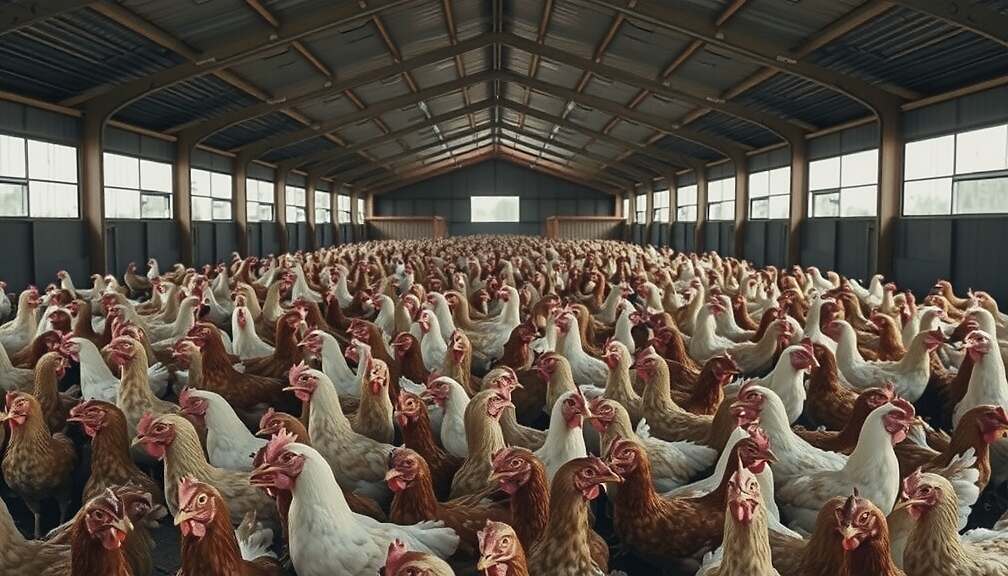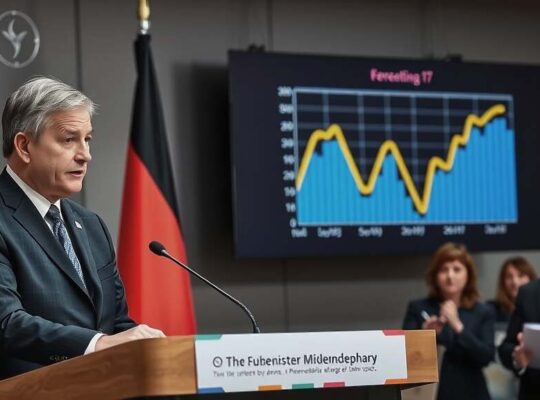The Federal Ministry of Agriculture has met with cautious responses to calls from the poultry industry advocating for a nationwide mandatory housing order to combat the escalating avian influenza outbreak. A ministry spokesperson, responding to inquiries from the dts news agency on Monday in Berlin, emphasized the decentralized nature of animal disease control, stating its responsibility lies primarily with the individual German states.
“The critical task of animal disease protection is handled at the state level” the spokesperson explained. “Therefore, the decision regarding the implementation of mandatory housing falls under their jurisdiction. This is being addressed with regional nuances, reflective of the varying outbreak patterns across the country”. She cited the recent implementation of such an order in the Alb-Donau district as an example of this localized response. The spokesperson dismissed the possibility of a national mandate, firmly reiterating that it is “not our task, but falls within the responsibility of the federal states.
Pressed on the progress of vaccine testing in Germany, the spokesperson acknowledged the potential for preventative immunization but crucially stated that “vaccination can no longer contribute to the containment of the current infection situation”. She declined to provide specific details regarding advancements in vaccine development. This contrasts sharply with the situation in France, where a specialized vaccine has already been deployed under emergency authorization for ducks and geese.
The Ministry’s stance has drawn criticism from poultry farmers and veterinary experts who argue a coordinated national strategy is essential to effectively tackle the rapidly spreading virus. Concerns are mounting that the fragmented approach risks undermining containment efforts and potentially leading to significant economic losses within the industry. The lack of clarity regarding vaccine progress and the persistent adherence to decentralized decision-making raises questions about the government’s commitment to protecting the sector and controlling the spread of a disease with increasingly far-reaching consequences.












